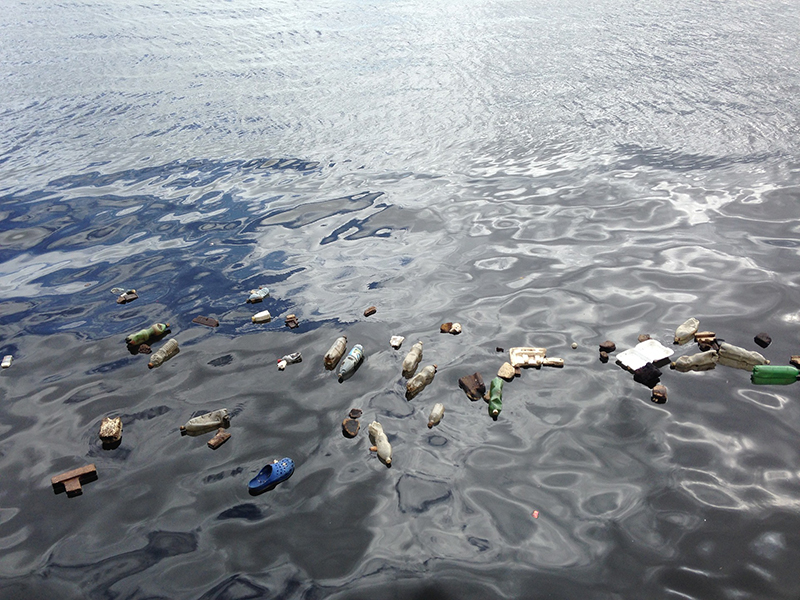The damaging build-up of plastic litter in the oceans is increasingly recognised as a major threat to the global environment. Harrowing images of marine wildlife being trapped by plastic litter, or even ingesting it, are becoming tragically familiar.
IMO's long track record of engagement in the fight against this insidious form of pollution was reinforced last year, when its governing Assembly of Member States placed the issue of marine plastic litter from shipping on the agenda of its leading environmental technical body, the Marine Environment Protection Committee. IMO Member Governments have been invited to submit concrete proposals about developing an action plan on the subject to the Committee's next meeting, in October.
This week (29-31 May) IMO is participating in the Ad Hoc Open Ended Expert Group on Marine Litter and Microplastics at the UN Environment headquarters in Nairobi. This group was established by the United Nations Environment Assembly to further examine the barriers to, and options for, combating marine plastic litter and microplastics from all sources, especially land-based sources.
Discharging plastics and other forms of litter into the sea from ships has actually been banned by an IMO regulation, legally binding on all ships, for some 30 years. The so-called MARPOL Annex V entered into force internationally in 1988 and, today, more than 150 countries have signed up to it.
In addition, countries party to another IMO instrument prohibiting dumping at sea (the London Convention/Protocol) earlier this year raised concerns regarding the disposal of fibreglass reinforced plastic vessels at sea.
Read more about IMO's work to combat marine litter here.
